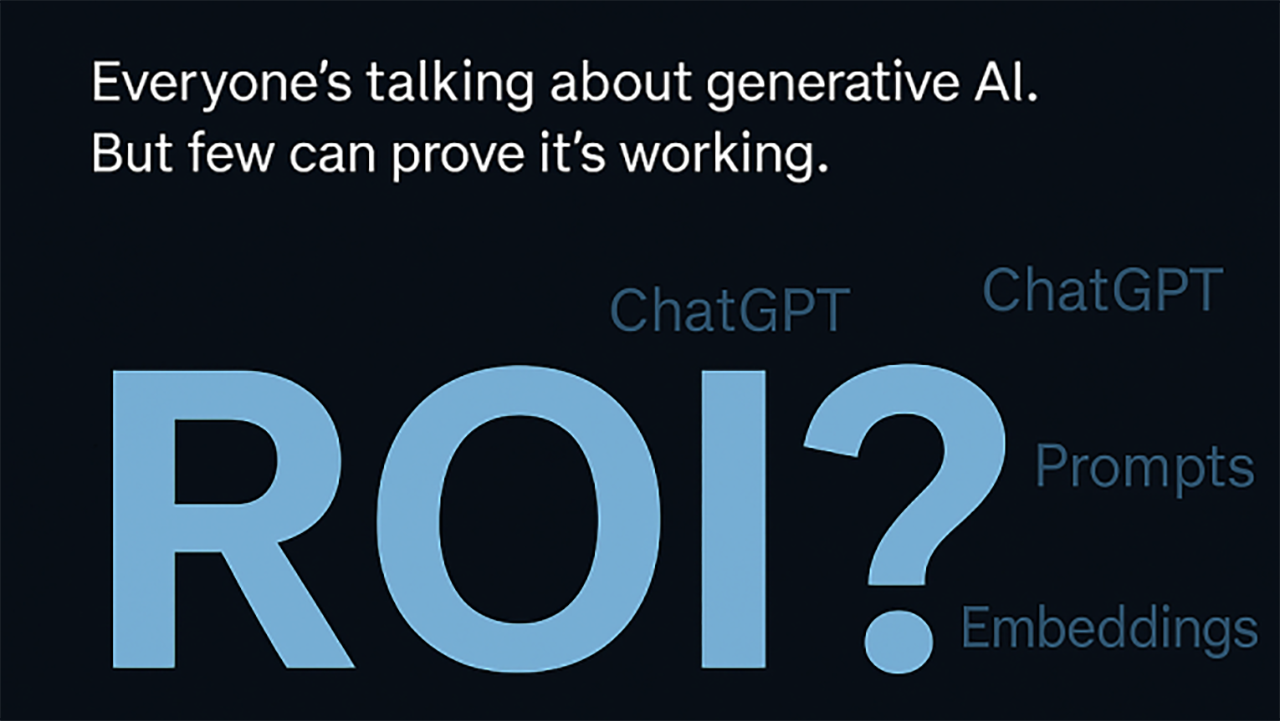A question (which for me, would be a rhetorical one) that CNN.com posed… From the article:
Facebook — the
once-underdog social network founded by a kid in a hoodie in a dorm room
— may have officially cemented its status as a titan of the tech
establishment it once challenged.
What changed? Facebook — no longer a feisty startup but a 3,000-person, soon-to-be-public corporation with $3.9 billion in cash
and an $85 billion to $100 billion valuation — spent $1 billion to
gobble up a much-smaller competitor, the photo-sharing app Instagram.
When it did so, it
stirred up a caldron of ill will that the “People of the Internet” have
been harboring toward Mark Zuckerberg’s once-hip company. Some Instagram
users said they were downloading all of their photos and then deleting
them from the app just so Facebook couldn’t get its hands on them.
For myself, the “ill-will” began when vague privacy issues abounded anytime changes were made (which meant that stuff which a user didn’t want shared before, became more public). The company seemed to not completely think through some of these features they rolled out as far as the resulting consequences in terms of respecting a users privacy settings. Furthermore, their corporate culture is based more around the concept of sharing personal information in order to easily establish connections and relationships as opposed to being private first.
Because of that, I remained on the sidelines as far as creating a “real” Facebook account. Recently though, I did finally create one using my real name but just like with Google+, some pieces of key personal information (like birthdate for example) are not accurately provided. I refuse to simply hand over key pieces of data which can be used for nefarious purposes, should it get into the wrong hands. And because the underlying intent of both Google and Facebook is to know as much about you as possible (for the purposes of targeted advertising), the last thing I want is certain information being available to those other 3rd parties. Reading the fine print (and then reading between the lines) of each firms privacy policies tends to be a mental exercise in regards to the whole sharing of information with partners; it’s that nebulous area which gives me pause.
The key issue I have with Facebook is that while you have full control over your own settings, you potentially lose control once you’re part of a network of “friends”. In otherwords, some apps may continue to seek personal information about you via your “friends” or “friends of friends”. The WSJ did it’s own investigation and found some serious “transgressions” with how even Facebook isn’t enforcing its own data privacy policies. Facebook is of course under scrutiny for tracking its users even after they’ve logged out. Knowing this possibility, there is no way in hell that I hand over key personal information to Facebook which has broken the trust of people not just once, but many times. It’s also why I keep the iOS Facebook app off of my iOS devices. It’s hard for me to trust that it won’t be mining my devices for information to send back to their servers. Because Facebook’s overall corporate culture is based on sharing first, privacy second, it’s natural that their platform has these sort of underlying “issues”.
And I can hear it now, what specifically do you have to hide? It’s not about hiding, its about how certain key pieces of personal information can be used the wrong way if it gets into the wrong hands. The information I provide to Google+ or Facebook now is stuff I’m consciously offering up (and what I have on both sites are purposely near identical) but don’t really offer up too much personal information. Consider when you receive a credit card and sign up for online access to manage your card. If someone else has certain pieces of personal information about you, they could create that account. The same goes for online banking which makes things worse when you consider how prevalent electronic transfer is nowadays (I’m amazed at the ease of setting this up which are based on certain pieces of personal information). With identity theft remaining a serious problem, it should be clear why I refuse to simply hand over something as simple as my real date of birth to either Google or Facebook. They can already piece together significant details about you but when you start providing them with other information like your personal views, preferences, relationships, your original home town, phone numbers, etc (in other words, more granular details about your actual self), the accuracy level of figuring out other details increases (increasing the risks of identity theft if that information gets into the wrong hands).
As far as finally relenting and creating a Facebook account under my own name, the main purpose was to try it out as a platform to see how it compared to Google+. As I found, there are some things which Facebook does better and some things it does worse (this criteria depends on ones own needs so what is a weakness to some may not be a weakness to others). I’ll detail some of this later in a separate entry.
Digressing, this $1 billion purchase of Instagram by Facebook is meant to leverage Instagram’s user base to further Facebook’s reach in being able to learn about individuals who chose not to use Facebook. I personally do not use Instagram as my images goes onto Google’s Picasaweb (i.e. the old fashion style of photo galleries). I just have a personal preference for organizing my photos in a specific way as opposed to a stream. And by all accounts, that $1 billion seems obscene considering the fact that Instagram was in no way monetizing what they were doing via advertisements or selling their users personal information. This made it easy to deduce what Facebook is really after — information about users especially when its come to the geolocation provided in many photos sent from mobile devices, and not necessarily the actual photos (as some users were thinking when they pulled their photos off the service). Location tracking can be valuable because companies like Facebook can then serve up advertisements based on where you are at any particular time (so if you are at a shopping mall for example, and you take a snapshot, send it up to Instagram, the geolocation data can be parsed from the image where Facebook can then serve up information about specific shops near you at the time, based on your interests).
One reason Instagram is popular is because of its filters/effects. Another is because some folks just wanted to share their photos, without all the potential baggage of Facebook when it comes to an individuals personal information as well as dealing with murky privacy settings. As the article noted, some users are sensitive to this acquisition by Facebook regardless of all the corporate speak (that Instagram will continue to be be run as its own entity where Facebook isn’t going to restrict users of the service from continuing to post to other social services). This acquisition was strategic; talk about ability to infiltrate… The fact is Facebook will be able to mine for data, and that is why some users are abandoning the service (though again, some are closing their accounts because they think its about the actual photos and not the actual bits of geolocation information included within).
As far as Facebook itself goes, social platforms have been like ebbing tides. Back in the day, sites like LiveJournal were considered the in thing. Sites like that were the precursor to modern day blogging. Back then though, online diaries were just that, personal details often filled with angst and drama. Eventually though, it morphed into the useful tool that it is today when it was embraced by the mainstream media as a means to not only take advantage of the real time flow of information, but to also get instant feedback or create dialog. In other words, it became a play on the old forum/bulletin board style of community from the 80’s and 90’s. Twitter style micro-blogging is just yet another play on the theme where it’s sort of like a headline leading into to the actual details. It could also be looked at as a sort of meta-blog-data; very useful in quickly describing something very quickly, while also including this near instant feedback loop. Facebook as a social platform is not immune from this constant ebb and tide of the ever evolving online social networking which has it roots in those old dialup bulletin boards. Right now, it just happens to be one of the biggest destinations. But if you look worldwide, it’s clear that Facebook does not have a worldwide monopoly. Countries like China, Japan, and South Korea have their own popular social networks which are designed taking into account their subtle cultural and social norms. And as the article mentions, there are segments of users who tend to flow to things that are new and cool. Facebook, especially once they go public, will face even more scrutiny. Facebook will have to tread a fine line in being able to grow the bottomline, without pissing off its users. One thing is certain, disruptive innovations have always been a constant in the online sphere where the one time giants with users in large numbers (CompuServe, AOL, Prodigy, EXECPC, Myspace, Friendster, etc), have been rendered irrelevant.



